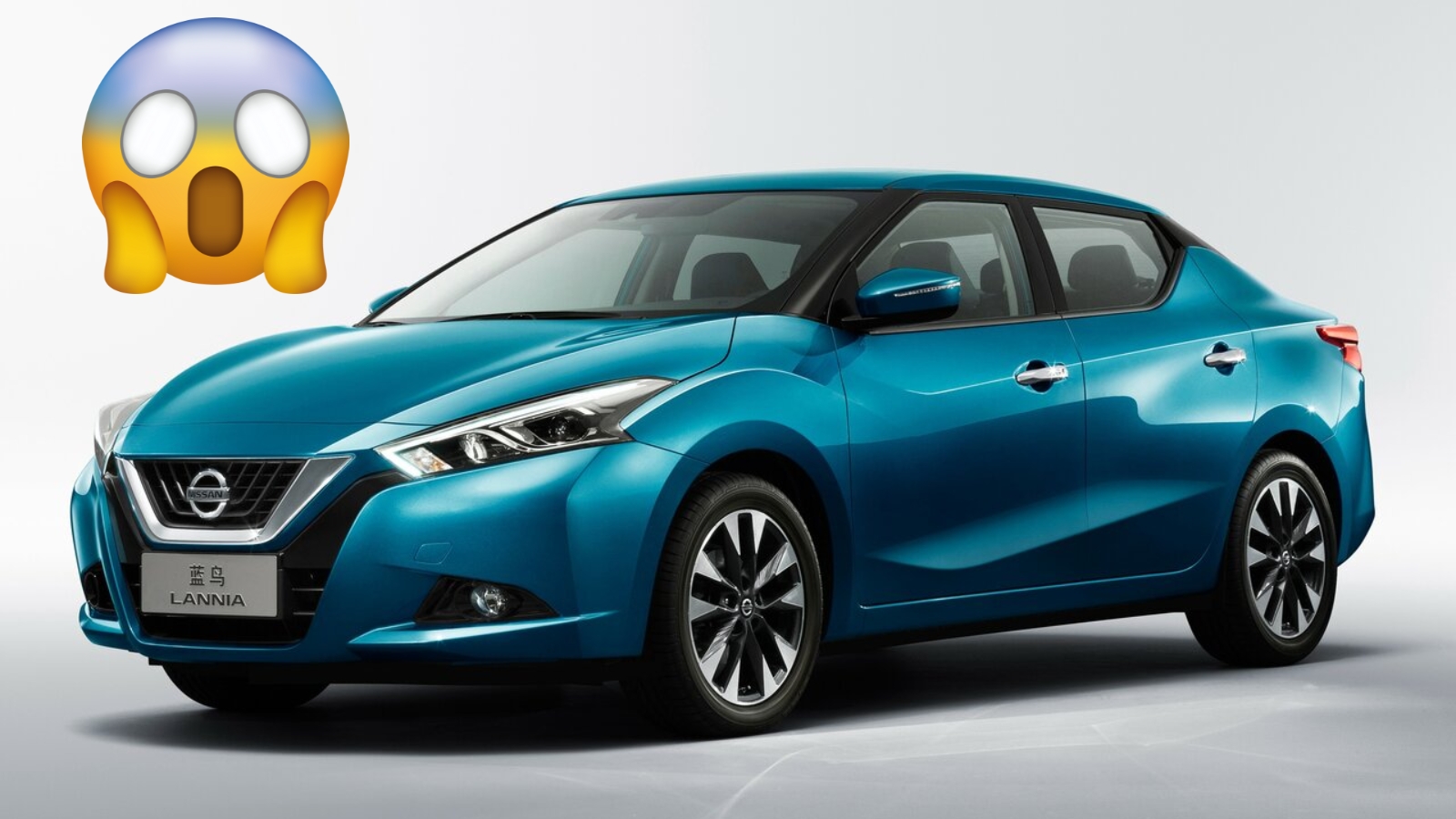Major changes are coming to Nissan’s global operations. The Japanese automaker recently announced it will shut down several production facilities, including some with deep historical significance, as part of an ambitious recovery strategy called “Re:Nissan.”
The End of an Era: Civac Plant Closure
The most notable closure affects Nissan’s Civac plant in Jiutepec, Mexico. This facility holds special importance because it was Nissan’s very first production plant built outside Japan. Operating for nearly 60 years since opening in 1966, the Civac plant has been manufacturing vehicles like the Navara and Latin America Frontier pickup trucks.
However, the aging facility has become outdated and would require substantial investment to modernize. Company executives determined that continuing operations there was no longer cost-effective, leading to the difficult decision to close by March 2027.

Impact on Workers and Community
The closure will directly affect hundreds of employees who have dedicated their careers to the facility. While Nissan hasn’t disclosed exact employment numbers for Civac, the company has committed to providing support for affected workers during the transition period.
Local communities that have grown around the plant over decades will also feel the economic impact. The facility has been a cornerstone employer in the region, and its closure represents a significant shift for the area.
Japan’s Oppama Plant Also Closing
Nissan’s restructuring efforts aren’t limited to overseas operations. The company is also shutting down its flagship Oppama plant in Japan by March 2028. This facility, which opened in 1961, employs approximately 2,400 workers and has produced 17.8 million vehicles throughout its history.
The Oppama plant holds particular significance as the birthplace of the Nissan Leaf in 2010, the world’s first mass-market electric vehicle. Currently, it manufactures the popular Nissan Note and Note Aura models.
Production Transfer Strategy
Rather than completely abandoning production capabilities, Nissan plans to transfer operations from Oppama to its Nissan Motor Kyushu facility in Fukuoka Prefecture. This consolidation approach allows the company to maintain production while significantly reducing manufacturing costs.
Company CEO Ivan Espinosa acknowledged the emotional difficulty of these decisions, stating that while the moves weren’t easy, they represent vital steps toward building a sustainable future for the company.
Financial Pressures Behind the Changes
These plant closures stem from serious financial challenges facing Nissan. The company reported substantial losses of ¥670.9 billion (approximately $7.1 billion AUD) in fiscal year 2025, forcing leadership to implement dramatic cost-cutting measures.
The Re:Nissan Recovery Plan
Nissan’s comprehensive restructuring strategy includes several key elements:
- Reducing global production facilities from 17 to 10 plants
- Cutting 20,000 jobs worldwide (representing 15% of total workforce)
- Decreasing production capacity by 30% to improve efficiency
- Targeting ¥500 billion in fixed and variable asset savings
The plan aims to achieve 100% plant utilization at remaining facilities while returning the company to profitability by 2026.
Plant Closure Timeline and Data
| Facility | Closure Date |
|---|---|
| Civac Plant (Mexico) | March 2027 |
| Oppama Plant (Japan) | March 2028 |
| COMPAS Plant (Mexico) | Early 2027 |
| Thailand Consolidation | 2027 |
| Argentina Operations | Completed 2025 |
| Additional Plants (TBD) | By 2027 |
Looking Toward the Future
While these closures represent challenging times for Nissan, company leadership believes the restructuring will position the automaker for long-term success. The consolidation allows Nissan to focus resources on fewer, more efficient facilities while investing in electric vehicle development and new technologies.
The company is also exploring partnerships and alternative uses for closed facilities. There are reports that Chinese automakers like BYD and SAIC have shown interest in acquiring the Civac plant to establish North American production capacity.
Industry-Wide Trends
Nissan’s actions reflect broader automotive industry trends. Many manufacturers are consolidating operations to fund electric vehicle development and adapt to changing consumer preferences. The transition requires significant capital investment, making operational efficiency more critical than ever.
Frequently Asked Questions
Q: When will the Civac plant officially close?
A: The Civac plant in Mexico is scheduled to cease operations by March 2027.
Q: What will happen to workers at closed facilities?
A: Nissan has committed to maintaining employment through the closure dates and developing policies for affected workers’ future arrangements.
Q: Will Nissan continue manufacturing in these regions?
A: Yes, Nissan will maintain production capabilities through remaining facilities and strategic consolidation of operations.
Leap motor Slashes Warranty Length to Reshape Aftersales Service
